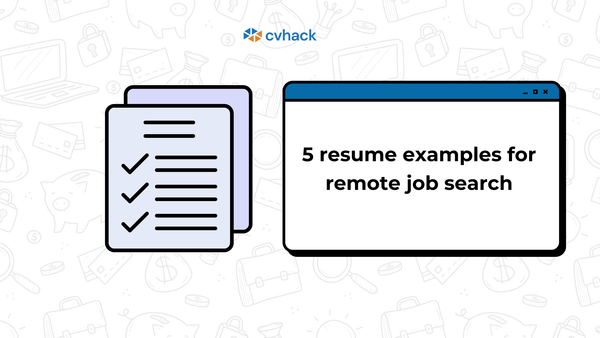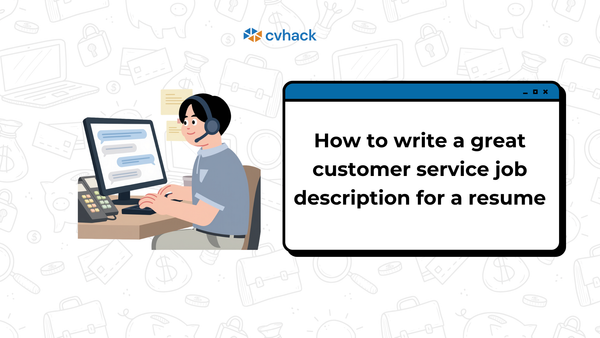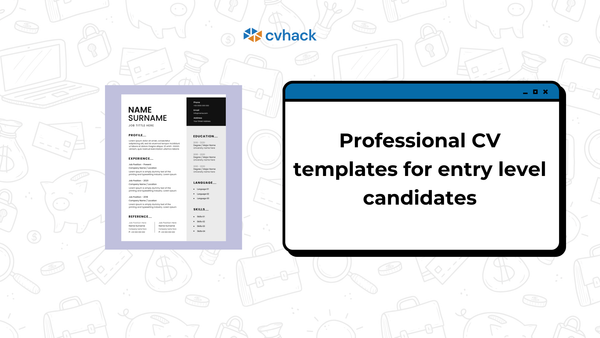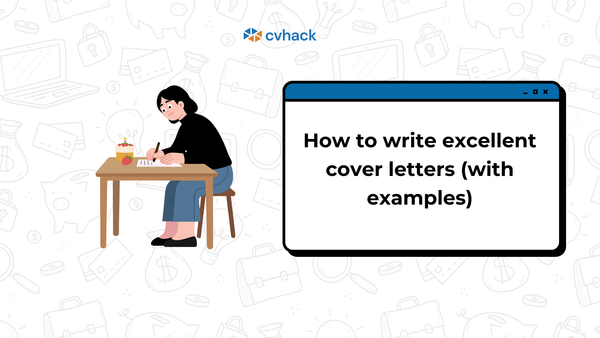How to Create a Solid Experienced CV as a Professional
Tips to create an experienced cv that showcases your skills and accomplishments as a professional with several years of work experience
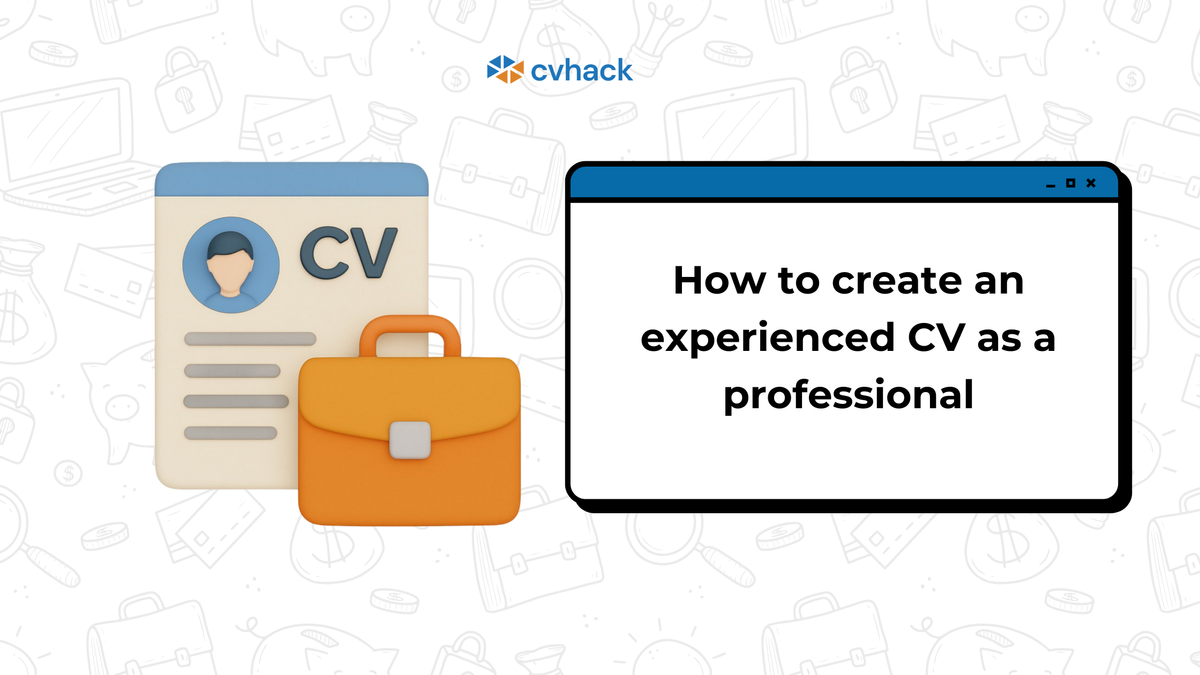
An experienced CV is simply the CV for an experienced work professional that highlights their accomplishments, skills and qualities in the best way possible for prospect employers.
Create a professional CV in minutes with our AI assisted CV builder
Why an Experienced CV is Different from an Entry-Level CV
For fresh graduates and early career professionals, CVs often lean on education, internships, and transferable skills. However, once you’ve built several years of work experience, employers expect your CV to present:
- A track record of achievements
- Evidence of career growth
- The ability to take on higher responsibilities
Your CV becomes less about “what you can do” and more about “what you have done” and how it proves your readiness for the next role.
What Makes an Experienced CV Different?
A strong experienced CV has some defining qualities:
- Shift from education to achievements: While your degree still matters, your work results and career contributions take center stage.
- Focus on expertise and leadership: Recruiters look for evidence of subject-matter expertise, industry knowledge, and people management.
- Career progression and advanced skills: Employers want to see growth, how you moved from one role to another, took on larger challenges, and developed advanced competencies.
Writing an Experienced CV: The Essential Sections
1. Contact Information
Keep it professional and concise:
- Full name
- Professional email address
- Phone number
- LinkedIn profile URL
- Other online portfolio link (if relevant, e.g., for creatives or consultants)
2. Professional Summary / Career Highlight
Write a 3–5 sentence snapshot that captures your most significant achievements and what you bring to the table. For example:
“Marketing professional with 10+ years of experience leading digital campaigns that grew brand engagement by 45% across Africa. Proven expertise in team leadership, strategy development, and performance marketing.”
3. Core Competencies and Skills
List industry-specific skills and relevant soft skills. Keep it in bullet points for easy scanning:
- Project Management
- Data Analytics & Reporting
- Leadership & People Development
- Strategic Planning
- Pay per click advertising
4. Work Experience
List your roles in reverse chronological order. For each job, highlight achievements rather than duties. Use numbers or data where possible. For example:
- “Led a team of 12 to deliver a new CRM rollout, increasing customer retention by 20%.”
- “Managed a budget of ₦50 million for marketing campaigns with an ROI of 3x.”
5. Education
List your degrees, certifications, and professional courses. Start with the most recent.
6. Professional Achievements & Awards
If you’ve received awards, been recognized for performance, or hit major milestones, include them here.
7. Professional Affiliations
Memberships in relevant associations (e.g., Nigerian Bar Association, Chartered Institute of Marketing, HR associations) give credibility.
8. Media & Publications
If you’ve been featured in media outlets, published in journals, or contributed to reputable blogs, add them here to demonstrate thought leadership.
Common Mistakes to Avoid When Writing an Experienced CV
- CV stuffing: Resist the urge to pack in every irrelevant detail of your career. Focus only on what strengthens your case.
- Boring formats: Avoid cluttered templates or designs that make your CV hard to scan. Keep it clean, professional, and ATS-friendly.
- Long paragraphs: Use bullet points and short sentences. Recruiters spend seconds, not minutes, scanning CVs.
- Unexplained career gaps: If you took a break, provide a simple explanation eg career break, further studies, consulting, or volunteering.
Conclusion
Creating an experienced CV is not about listing every job you’ve had. It’s about presenting your career as a story of growth, results, and leadership. By highlighting achievements, quantifying your impact, and keeping the format professional, you’ll stand out in a crowded job market. Remember: your CV is your first chance to prove that your experience is not just long, but also valuable.

